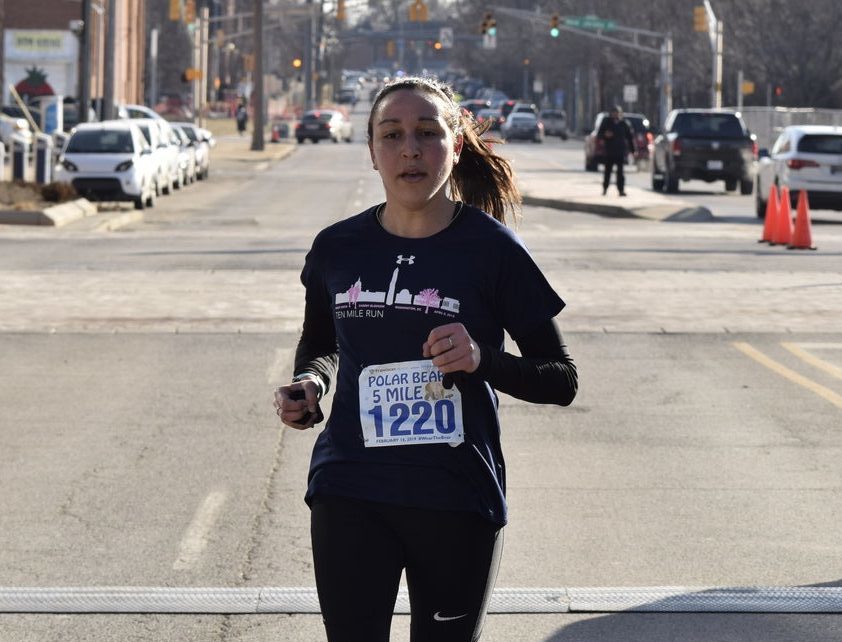For me, similar to you, I played sports my entire life and turned it into a career because I couldn’t live without them! In fact, I’m still running today and hope to qualify for the Olympic Trials in the marathon distance. I’m training now while still in grad school, and plan to run competitively for the foreseeable future. What drew me into your brand was the idea of you trying to get more kids to have positive ideas in sports. I’ve been around sports for so long and have seen so many issues, like teammates losing their lives to suicide, experiencing debilitating mental health issues, and sustaining career-ending injuries. All of these instances affect not only the individual themselves, but that person’s teammates, family members, friends, and even coaches. As a result, I wanted to do something about this as I vicariously experience what some of my teammates endured. Check Your Game is to me is about wanting to make a difference in the lives of youth and so I’m now studying in grad school how coaches and researchers can work better with youth so these negative sporting experiences are few and far between.
My Advice
Broadly speaking, my advice is to help each other. Don’t be victimized by coaches or use your own struggles. I think athletes need to be more accountable and ask each other how they are doing. That can really be helpful.
If I were talking to college athletes for instance, I’d say to think long term. We sacrifice our physical, mental and emotional health for an event, game, or match for the short term, but this sacrifice doesn’t always sustain you as you leave the college scene. With research emerging about the long-term effects on football players’ brains and female gymnasts’ bodies after years of eating disorders, we as a society need to think about athletes in the long term. While an athlete gaining All-American honors seems amazing at the time, if unhealthy sacrifices were made to succeed, that honor doesn’t seem worth it to me. I would encourage athletes AND coaches to remember that athletes are people first. Being an athlete is just part of their identity, not all of it. Athletes often look up to their coaches and expect that they will guide them to athletic excellence. Considering an athlete’s long-term health can help that athlete be better in college and beyond.



Anna, it was nice to hear from you, especially what you’re trying to do in grad school with young athletes. You are going to be making a big difference. I know. I hear it in your voice. It sounds like you’ve seen lots of bad results from athletes because of their poor choices and you want to do something about it. Many times we go through life just thinking about the “here and now” and don’t think about many important things that take place in our future, whether it be a job or even our mental and physical well being. I’m looking forward to hearing more about the work you’ll be doing and congrats on taking this step to help the younger generation as it’s needed desperately (just read the daily news). Thanks again.